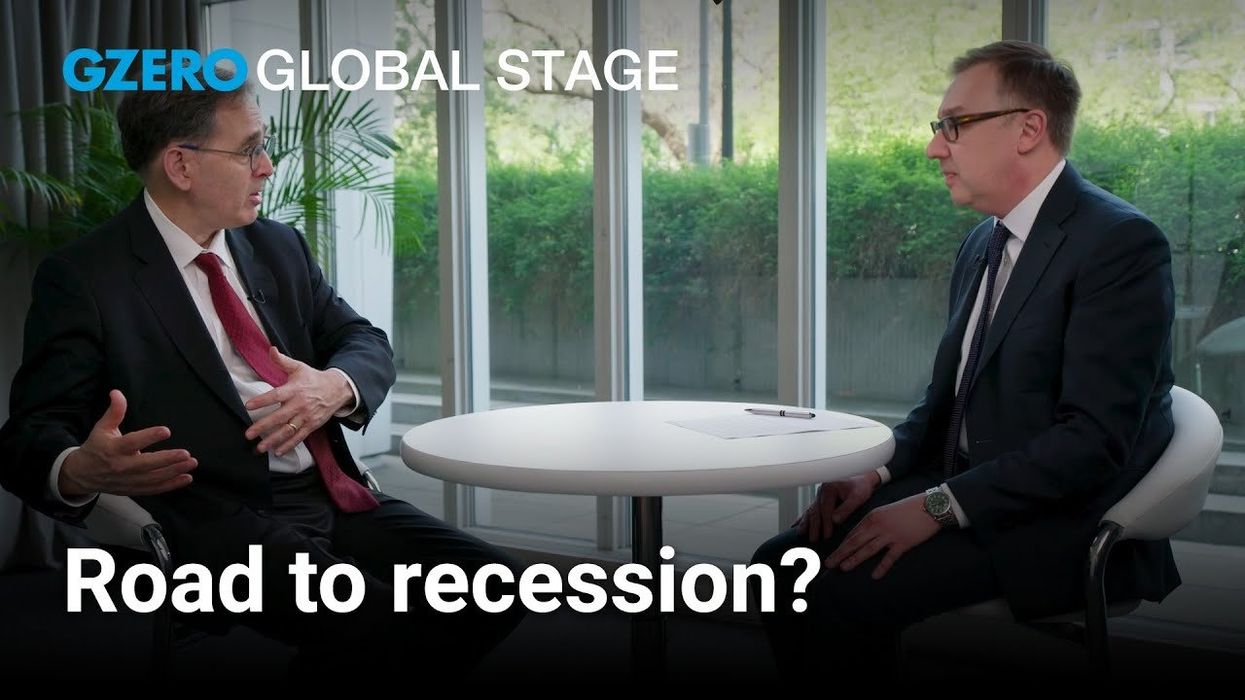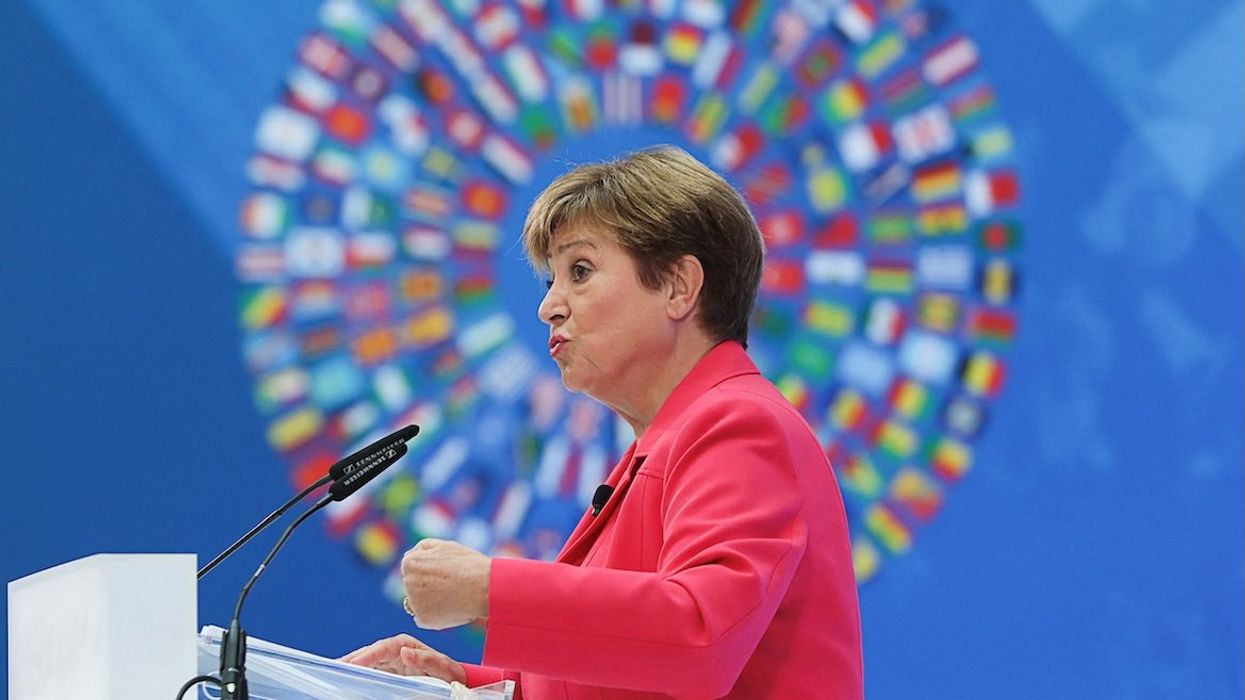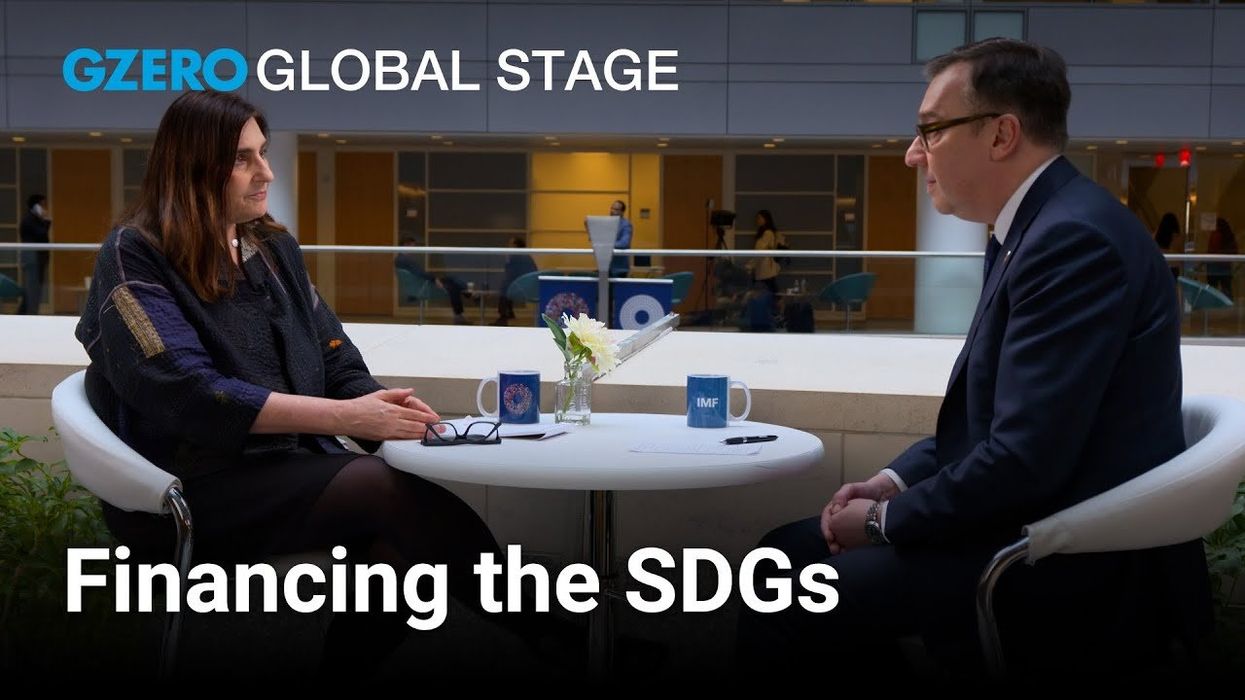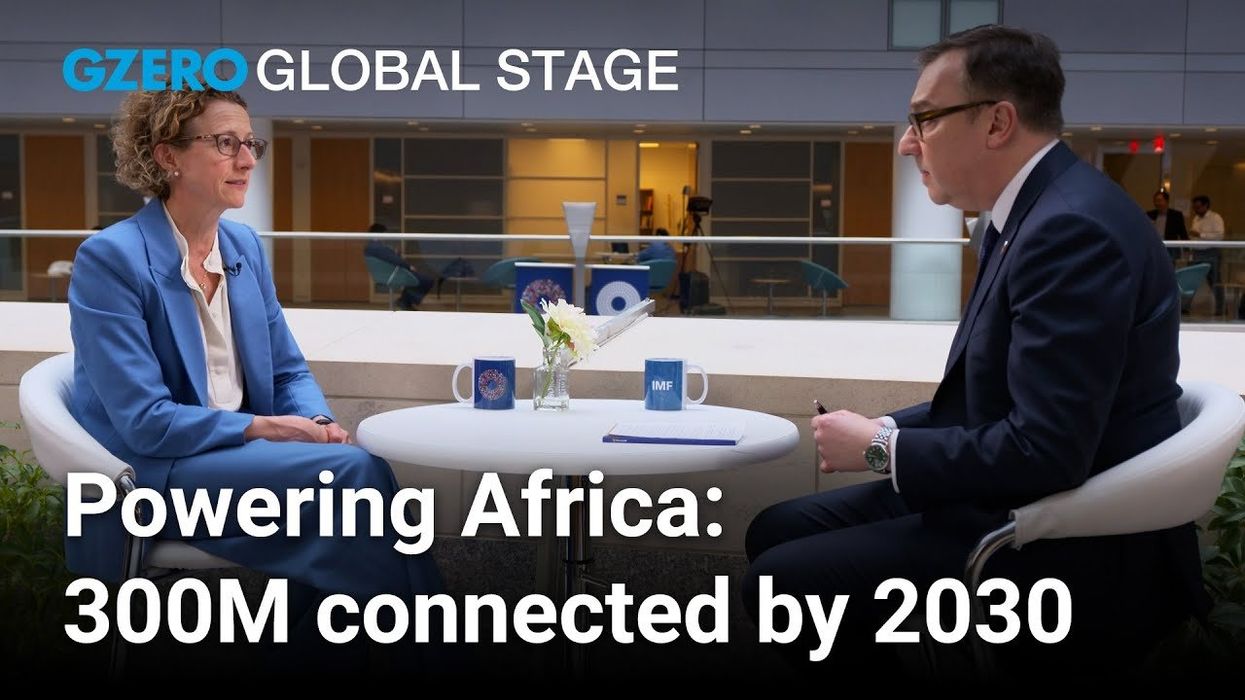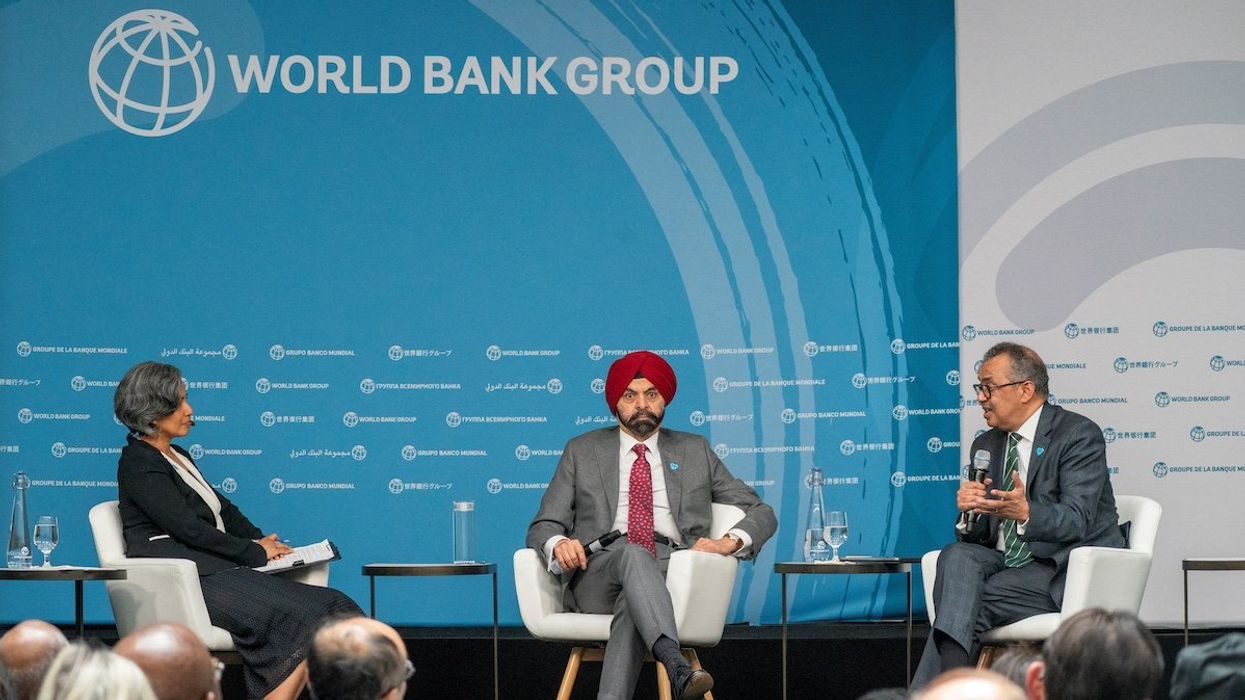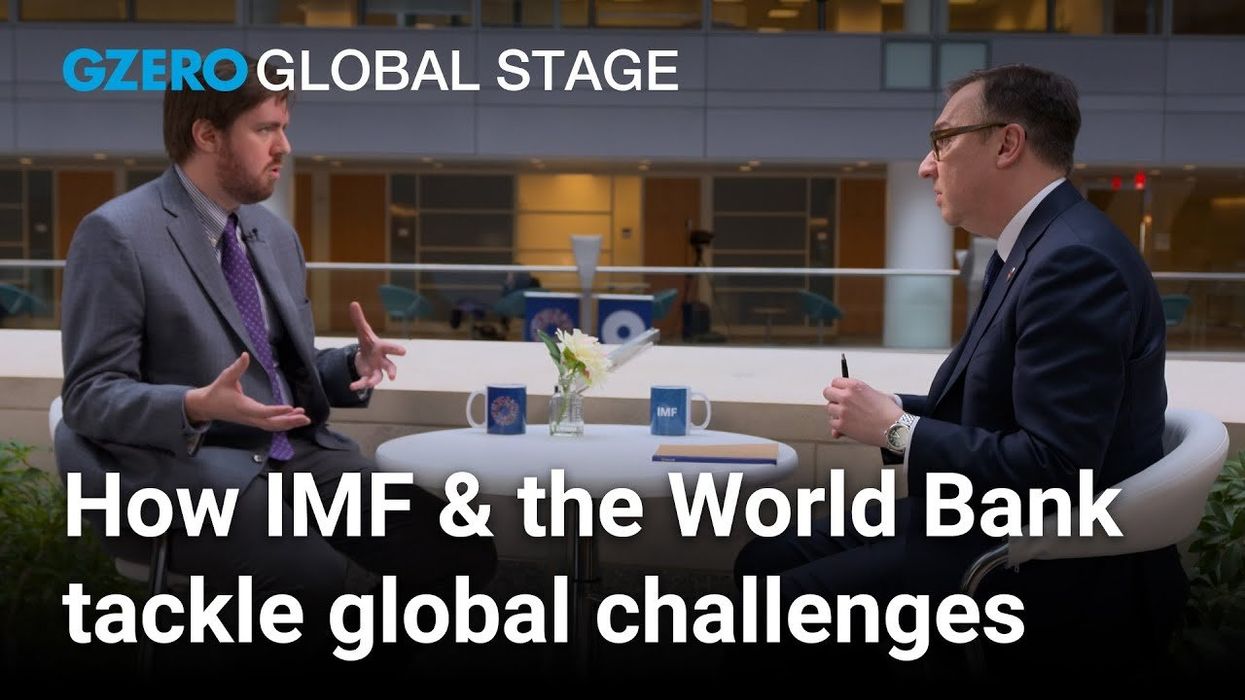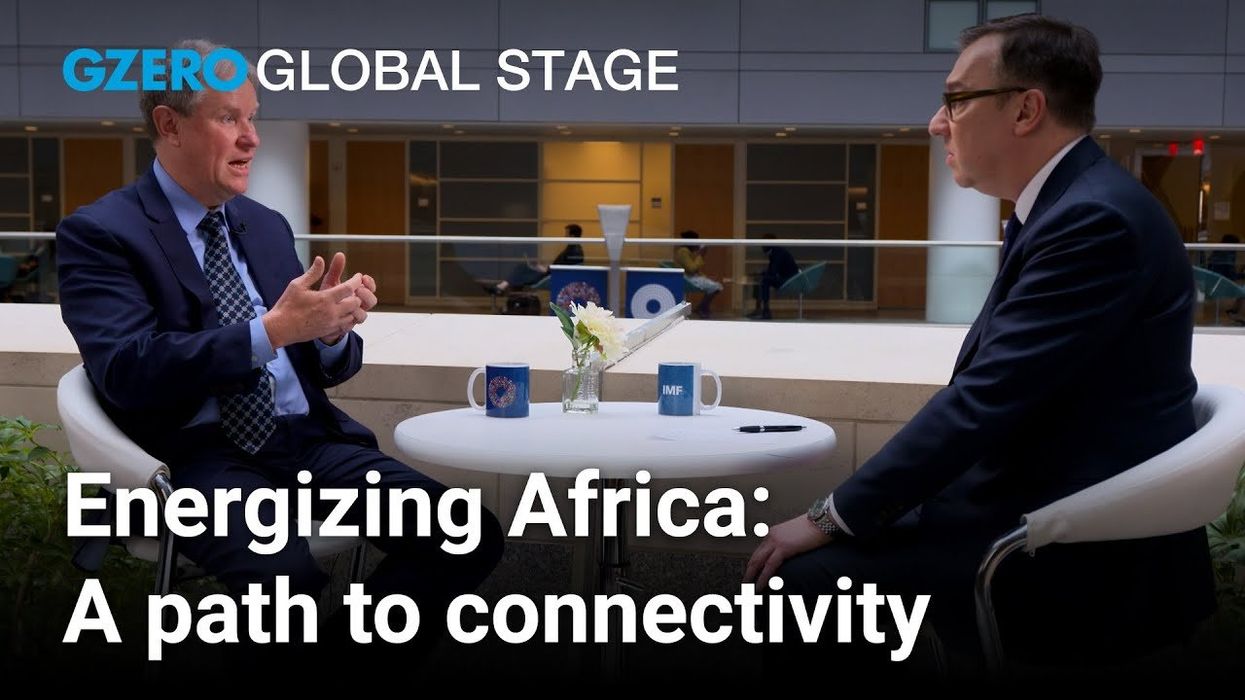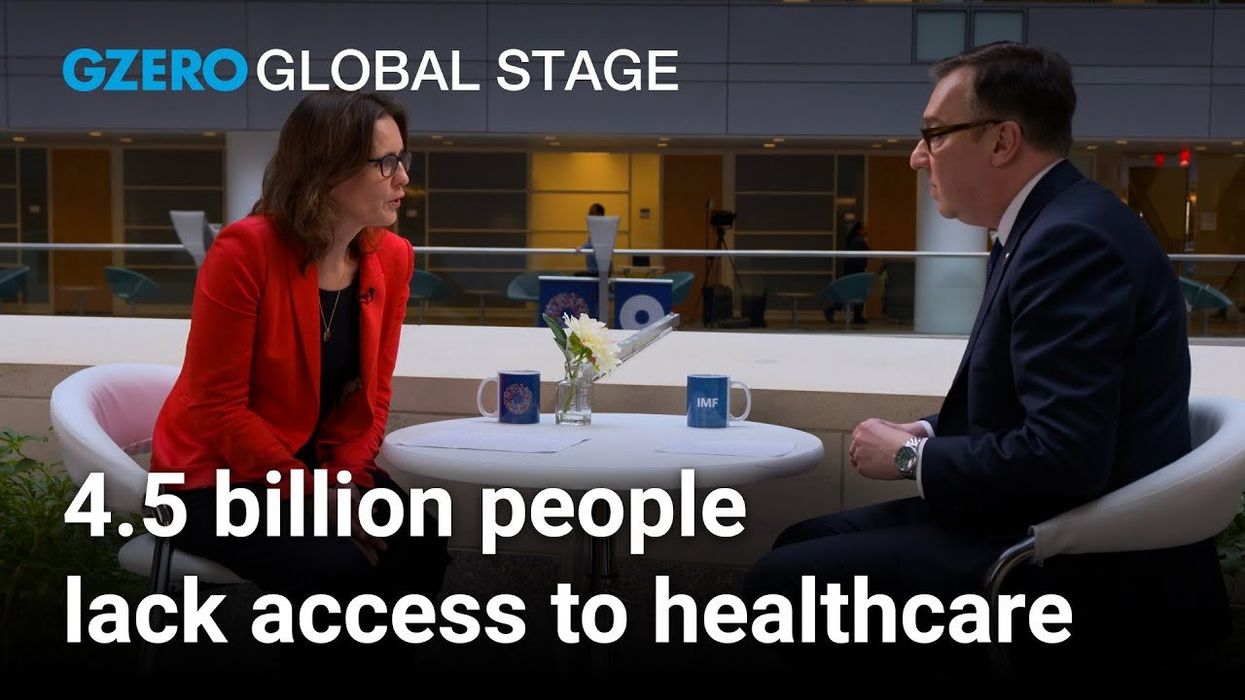World Bank & IMF Meetings
Global economic outlook: Is a recession already here?
“We’re heading toward a substantial U.S. recession,” said Robert Kahn, Eurasia Group’s Managing Director, Global Macro.. “We may even be in one now.” That notion challenges the official economic outlook released this week by the International Monetary Fund, which was more cautious in its assessment.
Apr 22, 2025
